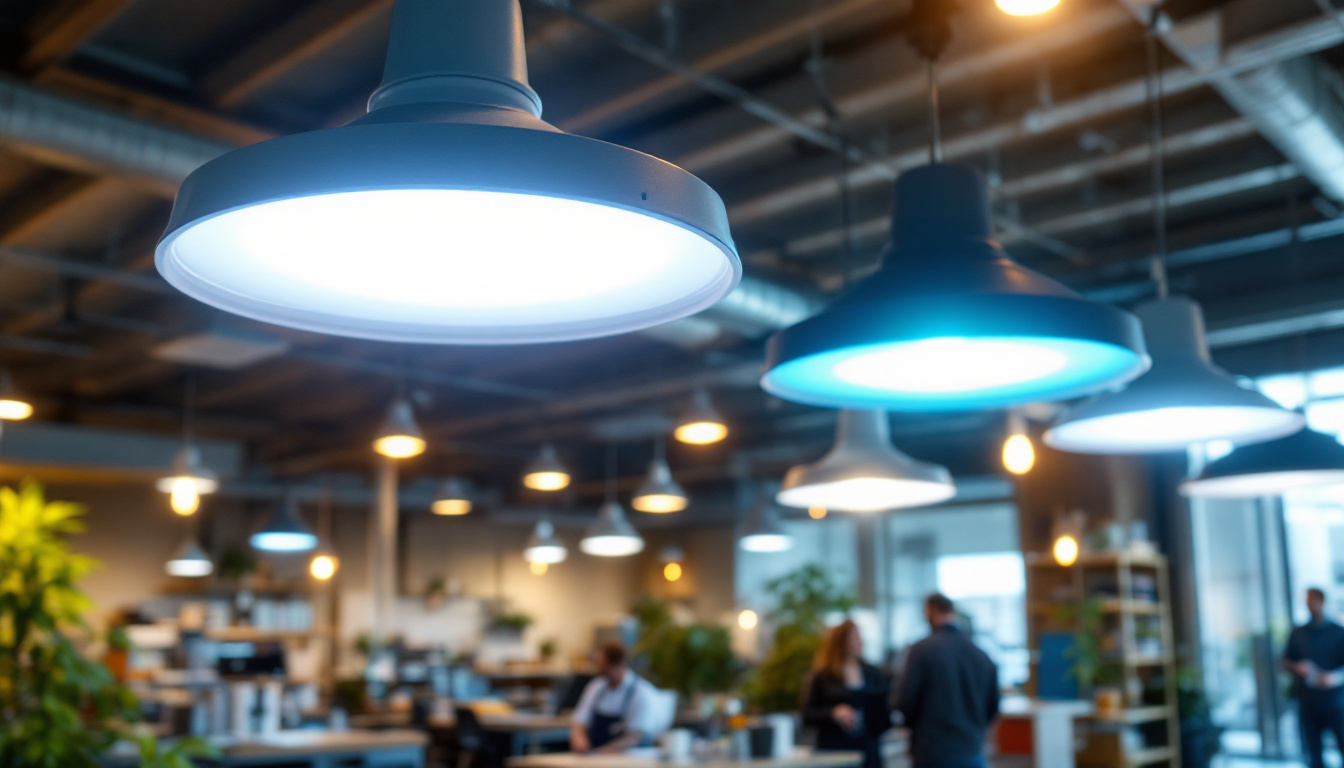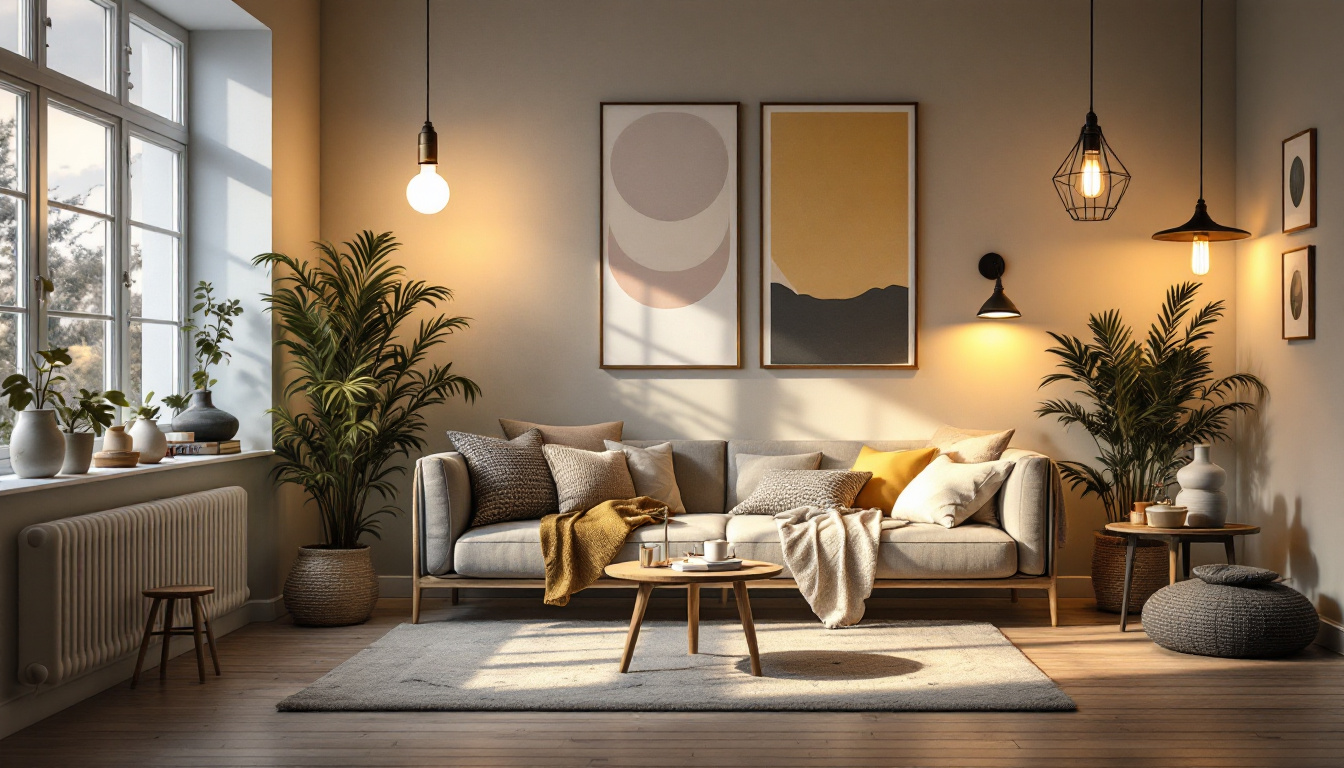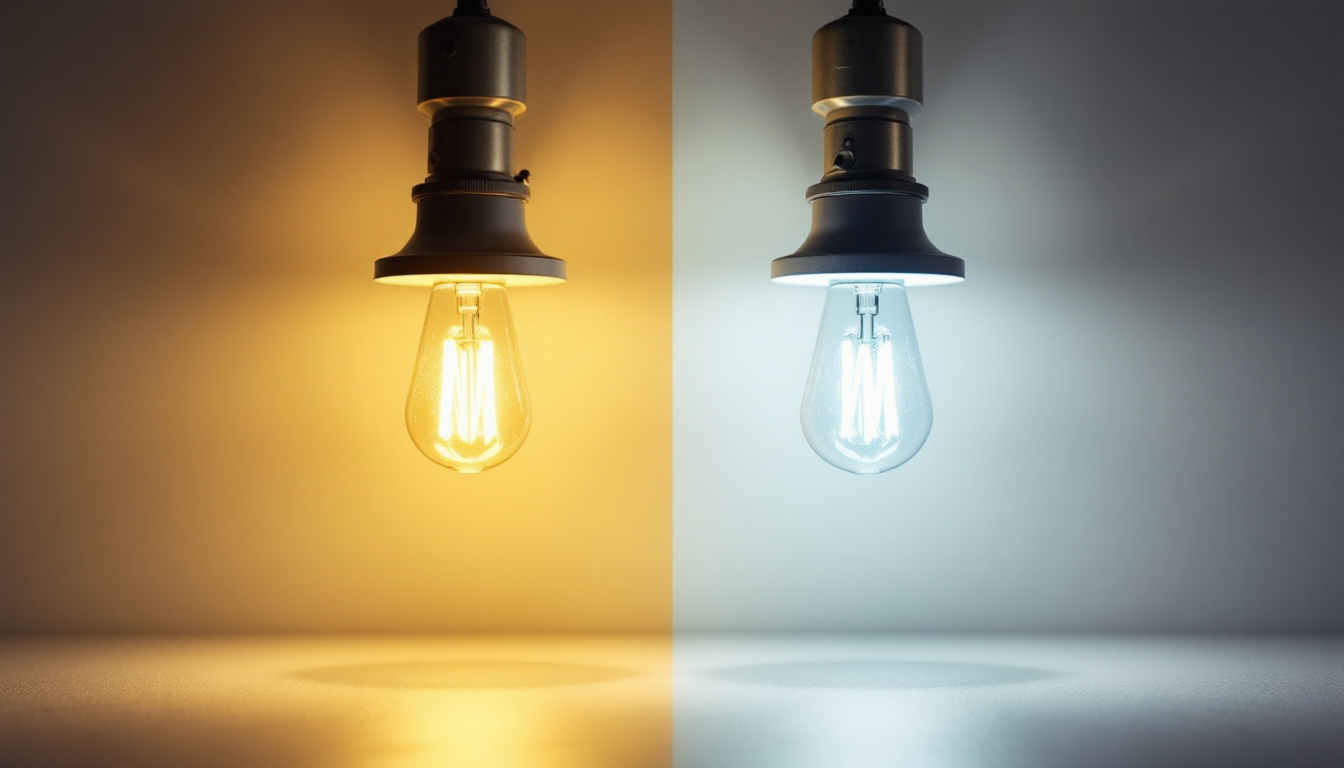
In the evolving landscape of commercial lighting, LED shop light fixtures have emerged as a preferred choice for businesses seeking energy efficiency, longevity, and superior illumination. As more clients transition to LED technology, lighting contractors must be well-versed in the expectations and requirements associated with these fixtures. Understanding these elements can significantly enhance client satisfaction and project outcomes.
Clients often come to lighting contractors with a set of expectations that are influenced by their unique business needs. For instance, a retail store may require bright, uniform lighting to showcase products effectively, while a warehouse might prioritize energy efficiency and long-lasting solutions. It is essential for contractors to engage in thorough discussions with clients to identify their specific lighting requirements.
Additionally, understanding the layout and design of the space can help in recommending the right type of LED fixtures. Factors such as ceiling height, wall colors, and the type of merchandise displayed can all impact the choice of lighting. By taking these elements into account, contractors can provide tailored solutions that meet client expectations. Furthermore, it’s important to consider the psychological effects of lighting on customers and employees alike. For example, warm lighting can create a welcoming atmosphere in a café, while cooler tones may enhance focus in an office environment. By integrating these psychological aspects into their recommendations, contractors can elevate the overall experience of the space.
Another critical aspect of client expectations involves budget constraints. While LED fixtures tend to have a higher upfront cost compared to traditional lighting options, their long-term savings on energy bills and maintenance can make them a more economical choice over time. Lighting contractors should be prepared to discuss the total cost of ownership, including installation, energy savings, and lifespan, to help clients understand the value proposition of LED lighting.
Providing clients with a range of options that fit within their budget can also enhance satisfaction. Offering different models of LED fixtures—ranging from basic to high-end—allows clients to make informed decisions without feeling pressured to overspend. Additionally, contractors can educate clients about potential rebates or incentives available for energy-efficient upgrades, which can further alleviate budget concerns. By presenting a clear breakdown of costs and potential savings, contractors not only build trust but also empower clients to make choices that align with their financial goals while still achieving their desired lighting outcomes.
There are various types of LED shop light fixtures available, each designed for specific applications. Understanding these options is crucial for lighting contractors. Common types include linear LED fixtures, panel lights, and high-bay lights. Each type has its own advantages and ideal usage scenarios.
Linear LED fixtures are often used in retail environments due to their sleek design and ability to provide even lighting across large areas. Panel lights offer a modern aesthetic and are suitable for ceilings with lower heights, while high-bay lights are ideal for warehouses and industrial spaces where high ceilings require powerful illumination.
In addition to these common types, there are also specialty fixtures such as LED strip lights and floodlights that cater to unique lighting needs. LED strip lights are versatile and can be used for accent lighting, under-cabinet lighting, or to create dynamic displays in retail settings. Floodlights, on the other hand, are designed for outdoor use, providing broad illumination for parking lots, building exteriors, and security applications. Understanding the full spectrum of available fixtures allows contractors to tailor their recommendations based on the specific requirements of each project.
Clients are increasingly concerned about energy consumption and sustainability. LED fixtures are known for their energy efficiency, consuming significantly less power than traditional incandescent or fluorescent lights. Lighting contractors should be equipped with data on energy savings, such as lumens per watt, to demonstrate the efficiency of LED options.
Furthermore, many clients are interested in sustainable practices. Highlighting the fact that LED lights have a longer lifespan and contain no harmful materials, such as mercury, can be a persuasive selling point. Contractors can also discuss the potential for rebates or incentives from local governments for using energy-efficient lighting solutions.
Moreover, the environmental impact of LED lighting extends beyond just energy savings. By reducing the frequency of bulb replacements, LED fixtures contribute to less waste in landfills. Additionally, many manufacturers are now focusing on producing LED products with recyclable materials, further enhancing their sustainability credentials. Contractors can position themselves as advocates for eco-friendly solutions by staying informed about the latest advancements in LED technology and sustainability practices, which not only benefits their clients but also promotes a greener future.
Installation is a critical phase in any lighting project. Clients expect that lighting contractors will follow best practices to ensure that LED fixtures are installed correctly and efficiently. This includes understanding electrical requirements, ensuring proper mounting, and adhering to local building codes.
Contractors should also be familiar with the specific installation guidelines provided by manufacturers. Each LED fixture may have unique requirements regarding wiring, dimming capabilities, and placement to achieve optimal performance. Taking the time to follow these guidelines can prevent future issues and enhance client trust.
One of the significant advantages of LED lighting is its longevity. However, clients may not fully understand the maintenance requirements associated with these fixtures. Lighting contractors should educate clients on the expected lifespan of LED lights and the minimal maintenance they require compared to traditional lighting options.
Regular cleaning and occasional inspections can help maintain the performance of LED fixtures. Contractors can offer maintenance services or provide clients with a maintenance schedule to ensure their lighting remains in optimal condition over time. This proactive approach can help build long-term relationships with clients.
The rise of smart technology has introduced new possibilities in commercial lighting. Many clients are interested in integrating smart lighting solutions that allow for greater control over their lighting systems. These features can include dimming capabilities, motion sensors, and even integration with building management systems.
Lighting contractors should familiarize themselves with these technologies to offer clients innovative solutions that enhance convenience and energy savings. Demonstrating how smart lighting can adapt to different scenarios—such as adjusting brightness based on natural light levels—can be a compelling selling point.
Clients often have preferences regarding the color temperature of their lighting, which can significantly impact the ambiance of a space. Understanding the differences between warm, neutral, and cool color temperatures is essential for contractors. For example, a retail store may benefit from a cooler color temperature to create an energetic environment, while a restaurant might opt for warmer tones to foster a cozy atmosphere.
Additionally, the quality of light, including color rendering index (CRI), is an important consideration. A high CRI ensures that colors appear true and vibrant, which is particularly crucial in settings where color accuracy is vital, such as art galleries or clothing stores. Contractors should be prepared to discuss these aspects with clients to help them make informed decisions.
Lighting contractors must be well-versed in local building codes and regulations regarding commercial lighting. Clients expect that their contractors will ensure compliance with these standards to avoid potential legal issues or safety hazards. This includes understanding requirements for electrical installations, emergency lighting, and energy efficiency standards.
Staying updated on changes in regulations is essential for contractors to provide accurate advice to clients. Regular training and education on local codes can help contractors maintain compliance and enhance their reputation as knowledgeable professionals.
Safety is a paramount concern in any lighting installation. Clients expect that contractors will prioritize safety during the installation process and ensure that all fixtures are securely mounted and properly wired. This includes using appropriate safety gear, following electrical safety protocols, and conducting thorough inspections before finalizing the project.
Educating clients about safety features of LED fixtures, such as lower heat emissions and reduced fire risks, can also help alleviate concerns. By demonstrating a commitment to safety, contractors can build trust and confidence with their clients.
Clear and effective communication is vital throughout the project lifecycle. Lighting contractors should keep clients informed about project timelines, potential challenges, and any changes that may arise. Regular updates can help manage client expectations and foster a collaborative relationship.
Listening to client feedback is equally important. Contractors should encourage open dialogue, allowing clients to express their concerns or preferences. This two-way communication can lead to better project outcomes and increased client satisfaction.
Providing educational resources can further enhance the client experience. Lighting contractors can offer brochures, online resources, or workshops to help clients understand the benefits of LED lighting, installation processes, and maintenance requirements. This not only empowers clients but also positions contractors as trusted experts in their field.
By investing in client education, contractors can build long-lasting relationships and encourage repeat business. Clients who feel informed and confident in their choices are more likely to refer contractors to others.
In the competitive world of commercial lighting, understanding client expectations when it comes to LED shop light fixtures is crucial for lighting contractors. By identifying specific requirements, demonstrating technical knowledge, ensuring proper installation and maintenance, and fostering effective communication, contractors can meet and exceed client expectations.
As the industry continues to evolve, staying informed about innovative technologies and regulatory changes will further enhance a contractor’s ability to serve clients effectively. Ultimately, a commitment to quality, safety, and client education will lead to successful projects and satisfied customers.
Ready to elevate your lighting projects with the best LED shop light fixtures on the market? Look no further than LumenWholesale. We provide contractors with exceptional, spec-grade lighting products at unbeatable wholesale prices, ensuring you can meet and exceed your clients’ expectations without breaking the bank. Our extensive selection not only meets the highest industry standards for reliability and performance but also comes with the convenience of free shipping on bulk orders. Don’t let middleman markups dim your project’s potential. Choose LumenWholesale for quality, affordability, and convenience. Discover the perfect blend of premium lighting and value by visiting Wholesale Lighting at the Best Value today.

Discover budget-friendly lighting solutions with expert tips tailored for contractors.

Discover essential tips and expert advice for lighting contractors on selecting and installing light tube bulbs.

Explore the profitability of HID lamps versus LED lighting in installations.

Discover the fascinating history of the light bulb’s invention and learn effective strategies to train your team in modern lighting techniques.